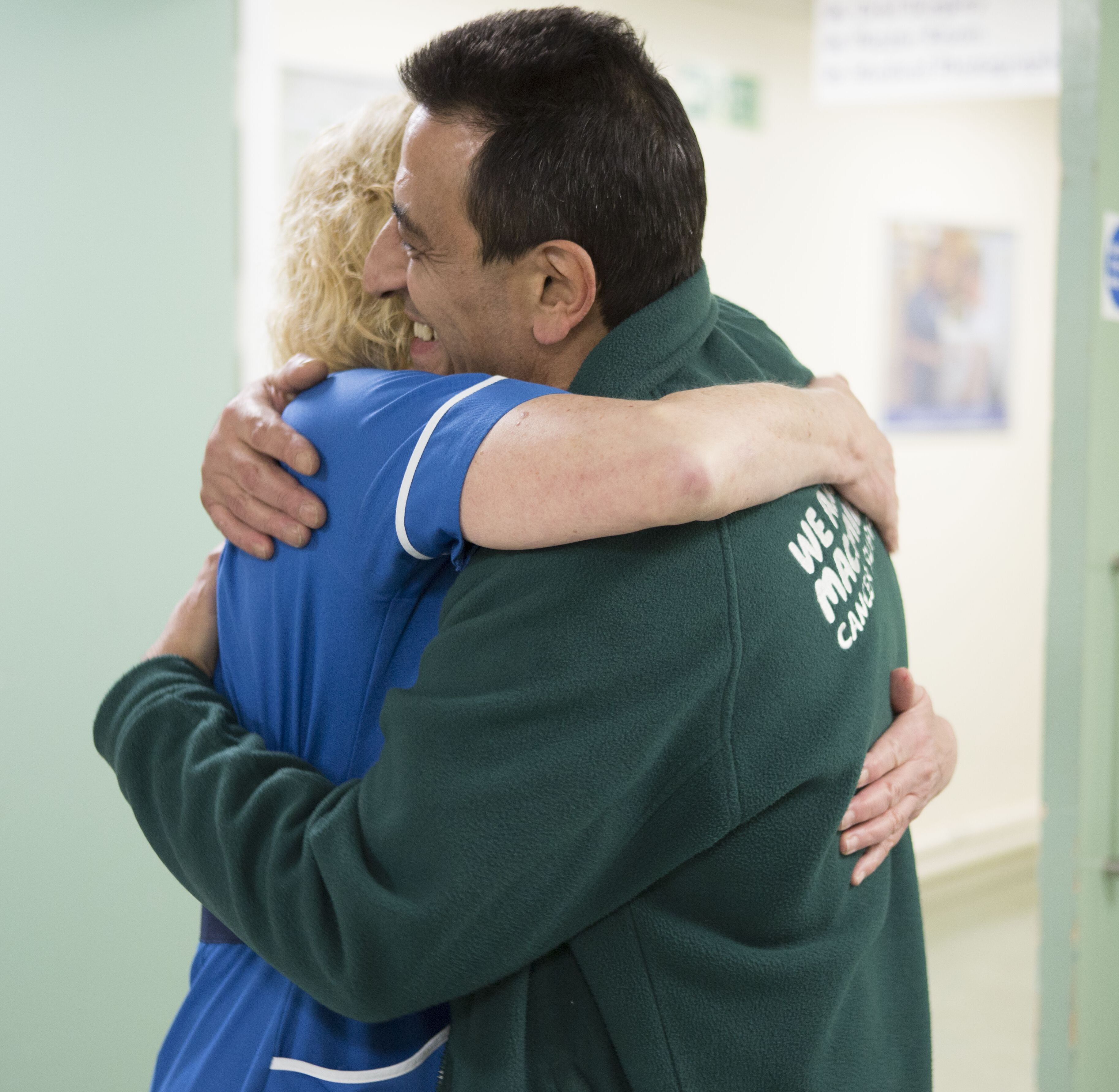
Our strategy
Let's change the future of cancer care together
We do whatever it takes for people living with cancer. That’s almost 3.5 million people in the UK today, and that number will continue to grow. This means it will take even more to help them every single year. More nurses in their corner. More bake sales to raise life-changing donations. More time to answer the phone with a listening ear.
Our new organisational strategy sets out how we’ll fight even harder to make every pound you raise count for even more. With your help, we’ll transform cancer care for good.
What we stand for
We do whatever it takes to get every person the best support today and spark a revolution in cancer care for the future.
You can read more detail about Macmillan's strategy and how we're going to spark a revolution in cancer care by downloading our printable version.


Our objectives
How we’re taking action right now


People with cancer told us




The latest updates
A word from Gemma Peters, our Chief Executive
"Better is possible and, by working differently, we’ll have an even greater impact.”
Read our CEO’s open letter demanding better for people with cancer, and sharing how we’re fighting for a better future.















